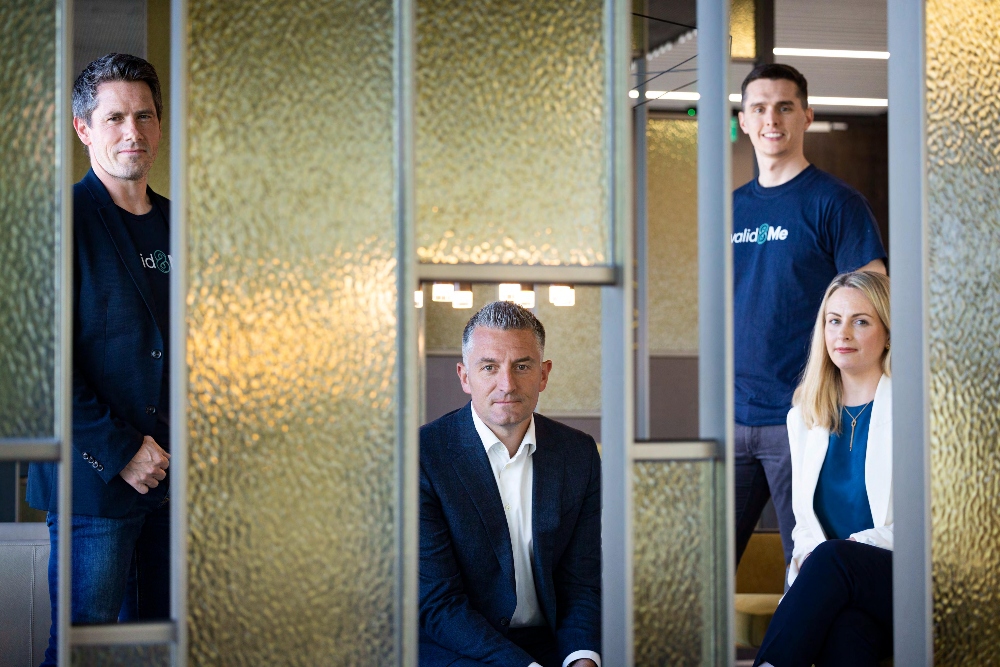Increased labour costs dampen plans for headcount expansion, but are not impacting Irish businesses growth ambitions.
Irish businesses’ optimism about the outlook for Ireland’s economy for the next 12 months has dipped slightly from 78% to 73%, according to the latest Grant Thornton International Business Report (IBR).
The IBR provides insights into the attitudes of 10,000 mid-market businesses across 28 economies, including Ireland.
“These rising costs have a negative knock-on effect, with a reduced number of firms planning to increase their headcount over the next twelve months”
Factors responsible for the shift in mood are thought to be the ongoing challenges posed by increased labour costs, inflation and higher interest rates.
Despite this slip, Irish medium sized businesses are still more optimistic about the economic outlook than Ireland’s closest neighbours, with a Eurozone average of 54% and a UK average of 59%.
Future business performance
This level of positivity is reflected by the Irish research participants’ view of their future business performance, with almost three fifths of the Irish companies surveyed expecting their profits (59%) and revenues (56%) to increase over the coming 12 months.
Among the factors weighing down the Irish business community’s mood are labour costs, with approximately a third (32%) of companies surveyed highlighting it as a constraint on their ability to grow and expand.
Linked to this, almost seven in ten (68%) Irish mid-market firms plan to pay salary increases in the next twelve months, reflective of a tight labour market and employee pressure in response to the cost-of-living crisis.
The pessimism about labour costs is also reflected with a fall in the number of Irish medium sized businesses that expect to grow their headcount over the next twelve months, with only four in ten (41%) of the Irish companies surveyed expected to recruit compared to just over half (53%) in the last round of research.
There was also a spike in Irish companies citing economic uncertainty as a factor in holding their business back, jumping from 20% in the previous round of research to 33% according to the latest data. On a positive note reflective of falling utility bills, the portion of Irish companies citing energy costs as a burden on their business fell from 53% to 32% in the latest International Business Report.
Despite these negative factors, a record level of Irish mid-market firms plan to invest in technology over the next twelve months, with almost seven in ten (67%) companies surveyed flagging their plans to spend in this area.
“Our latest research highlights that medium-sized Irish businesses continue to navigate inflationary pressures and a tight labour market,” said Grant Thornton Ireland head of Deal Advisory Patrick Dillon.
“The IBR highlights that more companies are technology to gain the competitive advantage, aiming to improve efficiencies and deliver cost savings. Despite the challenges, the overall mood of the business community remains positive, with many companies seeing 2024 as an opportunity to deliver increased revenues and profitability.”
With all the hype around AI and its potential impact on business, it is little surprise that an increasing number of Irish businesses are planning to invest in this potentially transformative area.
Approximately a quarter (24%) of medium sized Irish businesses said they plan to invest in AI over the next year, with almost half (48%) that had not stating that it remains a potential investment area for the future. A third (33%) of companies surveyed saw investment in AI as a means of delivering cost savings, with over half (53%) stating that they were investing in the technology to improve internal workflows.
“The IBR data highlights ongoing challenges with skilled labour shortages and the overall constrained talent pool in Ireland. Employers are increasingly paying a premium to recruit and retain skilled talent, and this has been exasperated by the cost-of-living crisis with workers seeing their purchasing power impacted,” said Grant Thornton Ireland chief economist Andrew Webb.
“These rising costs have a negative knock-on effect, with a reduced number of firms planning to increase their headcount over the next twelve months. As a result, more firms will look to AI to help improve operational efficiencies and enable existing staff to undertake more strategic work, relieving some of the pressures on constrained workforces in the process.”
-
Bank of Ireland is welcoming new customers every day – funding investments, working capital and expansions across multiple sectors. To learn more, click here






